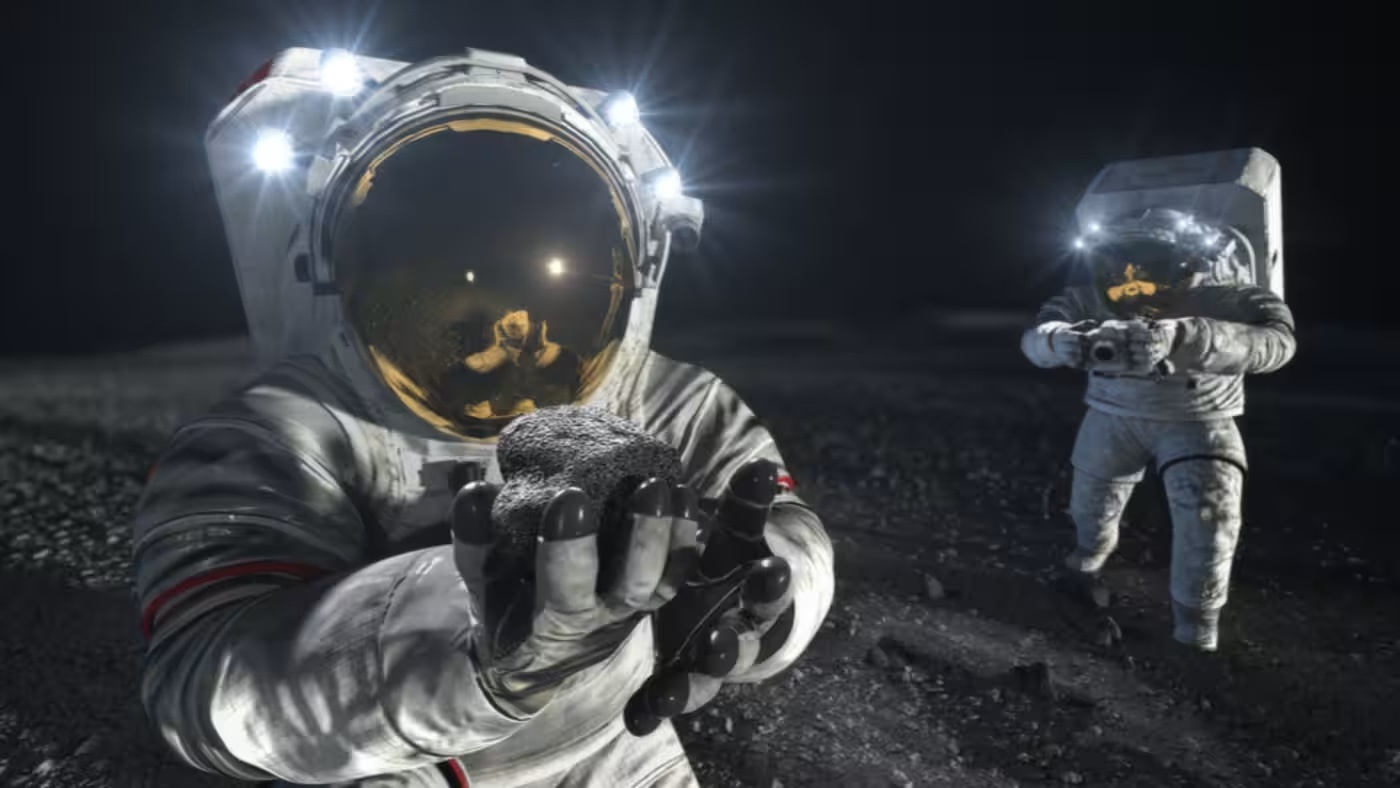26.12.2023
Lunar landing by crewed mission targeted for end of 2025

The Artemis project aims to achieve the first crewed lunar landing since 1972. (NASA)
TOKYO -- Japan and the U.S. are finalizing plans to send the first Japanese astronaut to the moon as part of the NASA-led Artemis lunar exploration project.
The two governments are expected to sign a document as soon as January that covers cooperation regarding activities on the moon's surface.
The Artemis project, which involves Japan, the U.S. and other countries, aims to achieve the first crewed lunar landing since 1972. They hope to make the first landing in late 2025, followed by one per year from 2028.
The Japan Aerospace Exploration Agency (JAXA) and Toyota Motor are developing a lunar rover for crewed activities. Sources familiar with the matter say the U.S. is willing to offer at least one Japanese astronaut the opportunity to land on the moon during an Artemis mission in light of Japan's contribution.
An agreement already has been reached for a Japanese astronaut to be a crew member on the planned Gateway space station, which will orbit the moon as part of the Artemis project and provide support for surface exploration missions.
JAXA selected two new astronaut candidates, Makoto Suwa and Ayu Yoneda, for crewed exploration in February 2023. Japan aims to become the second country, after the U.S., to place an astronaut on the moon in the latter half of the 2020s.
All 12 people who landed on the moon with the U.S. Apollo program in the 1960s and 1970s were white American males. The Artemis project intends to provide opportunities for women and people of color.
In a U.S. National Space Council meeting on Wednesday, Vice President Kamala Harris announced plans to have an international astronaut land on the moon in the 2020s. But delays in the development of landers and spacesuits leave it unclear whether the project will proceed as planned.
Quelle: NIKKEI Asia
